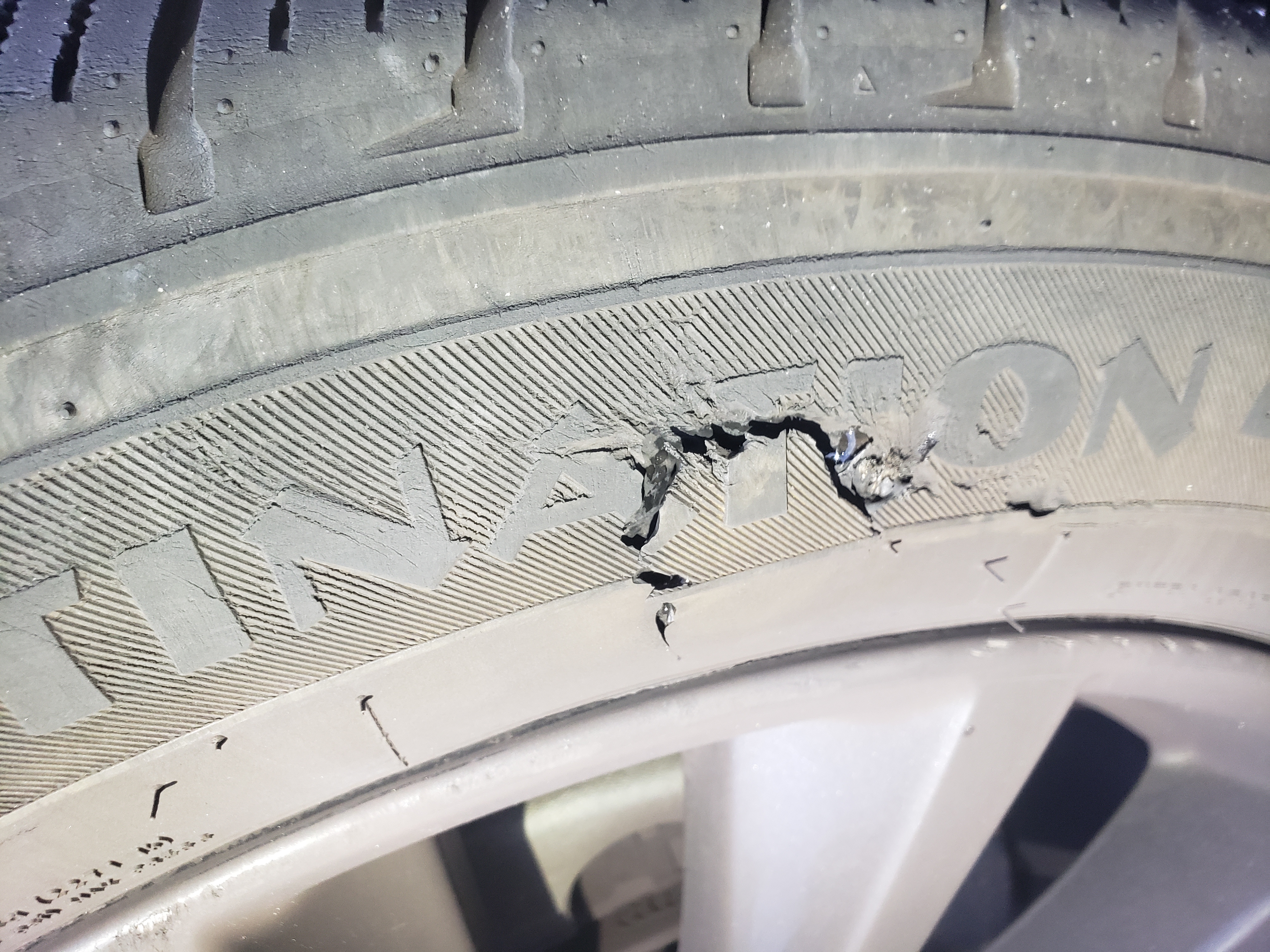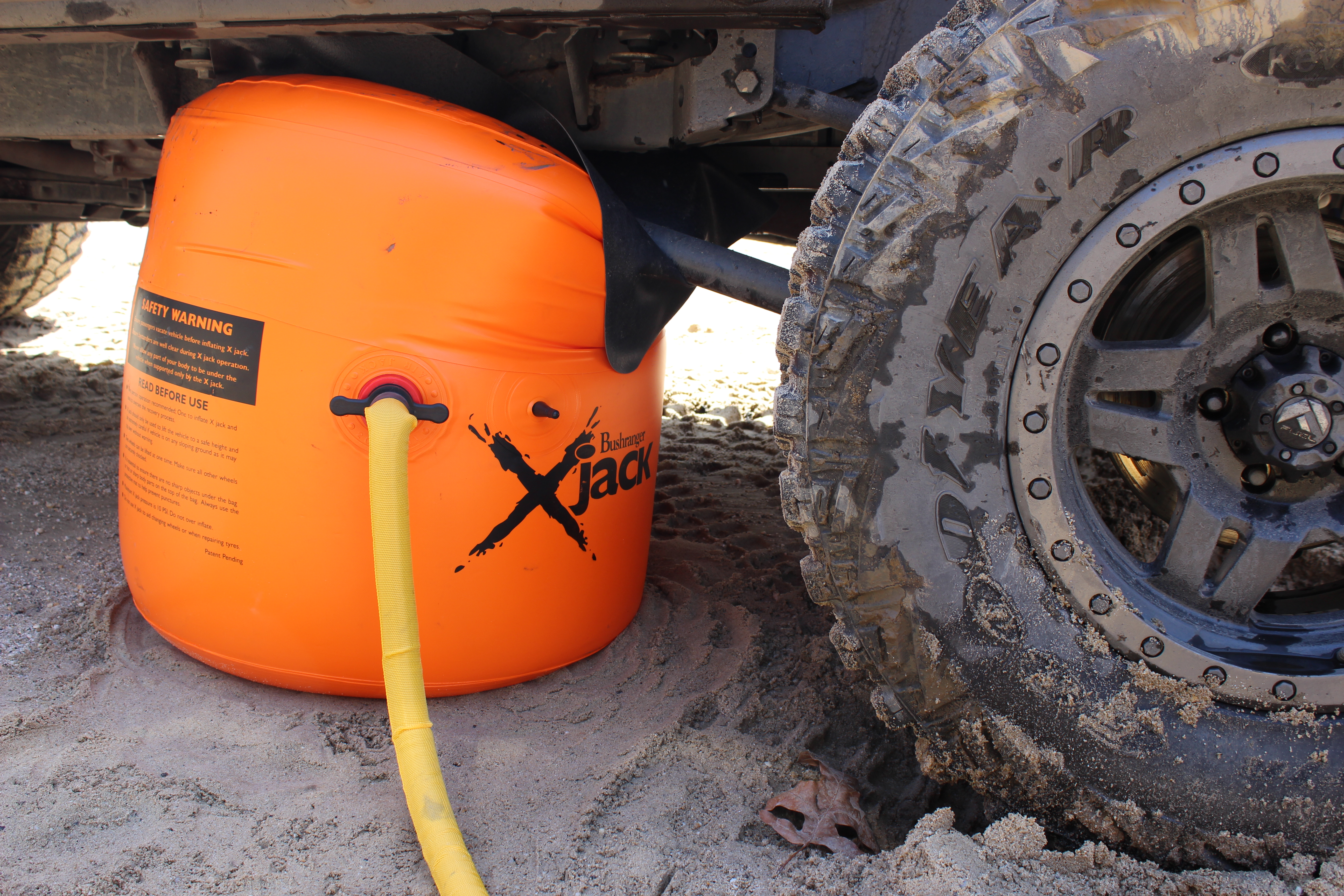There is nothing quite like the open road. When I first received my driver’s license, I found excuses to take long drives with good music, a truckload of gear, and plenty of ambition to do exciting things where I was headed. It didn’t matter if I planned on camping, kayaking, fishing, or visiting friends, I enjoyed the journey as much as the destination and activity. The road trip is a classic American activity and it has been celebrated in countless movies, books, and songs. Over the years, my interest in road tripping hasn’t waned even though I’ve experienced plenty of traffic jams, flat tires, and aggressive drivers. To me, there are so many lessons one can learn about self-reliance from road-tripping and it is an excellent method to introduce your family and friends to activities you enjoy. At Fieldcraft Survival, we advocate for using your vehicle as an extension of your rucksack. Many of us are avid overlanders. Collectively, we’ve experienced highs and the lows and that is part and parcel for working in and around vehicles for years. Some would say these are rites of passage and you can expect them at some point down the road. There are lessons learned from each of these and here’s our take on them.
Security
A daily consideration you should have is security. Translated to the road, this means driving defensively and staying alert. While spending a night in your vehicle, you limit the visibility of your vehicle’s windows. While parking your vehicle or pulling off to the side of the road, you consider the surroundings and if the area is secure and safe. This last point is especially important if you are traveling with certain items that are heavily regulated if you know what I mean. When considering your security on the road, you can’t fall into a false sense of security that just because something never happened that it will never happen. The benefit of staying vigilant and security-minded is that you will likely create a bubble of safety that will help you avoid the distracted drivers, opportunists, and human predators out there.
Flat and Dead

You should breathe a sigh of relief when your engine turns over and your vehicle moves freely. You assume your vehicle will work as designed but that won’t always be the case. It will only be a matter of time before you experience a flat tire or a dead battery. These are two very common problems and depending on what resources you have, you may or may not have an easy remedy. Over the years, I’ve learned to always check my rental car to make sure there is a spare tire. Over the years, I’ve learned to never travel far from a good set of jumper cables or a battery pack. These lessons have played out multiple times and some very vivid memories were formed from them. Perhaps the most vivid was from my early 20s in Maine prior to hiking Mt. Katahdin. I had to change a flat tire at 5am with mosquitoes biting me like crazy and using a shovel as a jack base. The bottom line, learn how to keep your vehicle rolling. Scheduled StopsOn any road trip of great distance, you’ll want to schedule stops for food, fuel, and rest. Having a schedule doesn’t have to be comical like the one Clark Griswold had in National Lampoon's Vacation. Sure, it is possible to just go with the flow but knowing where your resources will be and when you expect to reach them gives you peace of mind. These scheduled stops are a good practice as it allows you to take inventory of your supplies. The scheduled stops you build into your routine also give you a chance to rotate drivers. Funny things are bound to happen during these stops. Those asleep in the car can be rudely awakened, arguments over who will ride shotgun will ensue, purposefully but temporarily driving away without some members of your party can and will happen. Learn from those who drove the roads before you. Whether for good practice or entertainment value, scheduling stops is important.

Flexibility
It seems contradictory to promote having flexibility with your schedule immediately after extolling scheduled stops. Being flexible is an important attribute for road tripping and overlanding. Sometimes, you just have to accept the reality of your situation. You’ll eventually encounter detours, having to resort to plan B, C, or even D, and having the trip you’ve been planning get derailed by something like nesting birds of prey. It is easy to piss and moan about your circumstances or you can use them as fuel to deliberately enjoy the other options available to you. Perhaps you wanted to go to a destination you read about online only to find out it is crowded with people who had the same idea as you. Instead, you listen to the locals and find a better fishing hole or hiking spot. Being flexible means being open to change. Being flexible means bending so your plans don’t break you. At some point, your journey will hand you something you don’t expect. Be ready to make the most of it. We’ve all been there too.
Communicate
As I mentioned earlier in this blog, I have been road tripping as long as I’ve had my license. One of the rules in my family was checking in along the way. My family wanted to know where I was going and when I would call. If I didn’t call by a certain time, a communication window, they knew to send out the cavalry to find me. To this day, I still update my close friends and family when I am away from home. I don’t put it out to the world where I am exactly as they simply do not need to know. There are terrible accounts of people sharing their location on social media only to come home to a ransacked house. You want to keep certain information close to your chest. Communication between vehicles while on the road is another important consideration. You won’t always road trip alone and having short wave radios will come in handy when your cell phones don’t have service in the backcountry. You won’t fully appreciate communication until you don’t have it.
You can spend your whole life on the road and never see the same stretch of road the same way twice. There are many lessons to be learned and experiences to be had that change your perspective on road trips and overland travel. Recognize the road is an incredible place for adventure but it must be respected. Take the necessary precautions you need to, listen to those with more miles behind them, and enjoy the journey as it is part of this country’s great tradition of open roads.
